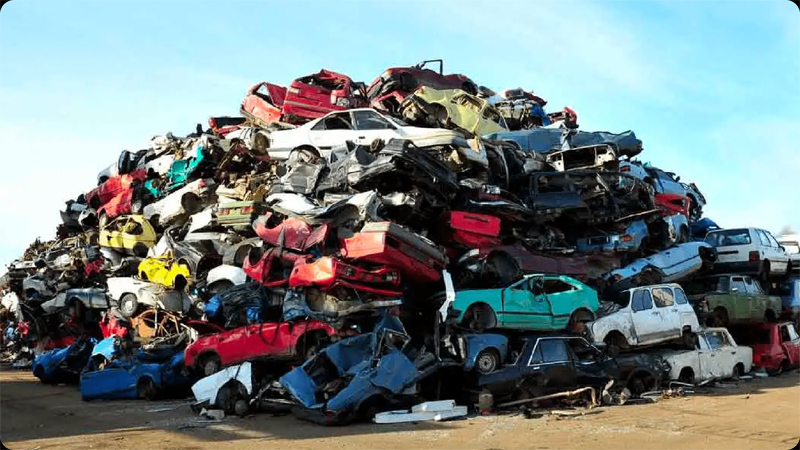In a decisive step toward curbing misuse and fraudulent transfers of vehicles, the Jammu and Kashmir government has rolled out a strengthened set of operational guidelines, making it mandatory for every dealer handling registered vehicles in the Union Territory to obtain official authorisation.
The Transport Commissioner’s Office issued a new circular outlining the complete operational framework for the registration and authorisation of dealers of registered vehicles, following recent directions from the Union Ministry of Road Transport and Highways.
According to officials, the updated framework requires compulsory authorisation for all entities dealing in the resale, stocking, or handling of registered vehicles, ensuring end-to-end digital traceability through the VAHAN portal.
Among the major provisions are:
Online applications with mandatory inspection of business premises
Five-year validity for dealer authorisation
Real-time digital reporting of all vehicle transactions
Secure custody and handling of vehicles
Verified KYC and digital record maintenance for both buyers and sellers
To ensure compliance, Regional Transport Officers (RTOs), Assistant RTOs, and enforcement teams will actively conduct inspections and verify digital entries in VAHAN. Strict action will be taken against non-authorised dealers, including the seizure of vehicles sold without valid permission. Existing dealers have been given 30 days to obtain authorisation.
“No vehicle transaction will be allowed through non-authorised dealers,” an official confirmed.
Transport Commissioner Vishesh Paul Mahajan emphasized that the new guidelines are designed to clamp down on fraudulent transactions, stop the misuse of vehicles by anti-social elements, and bring much-needed transparency to the resale ecosystem in Jammu & Kashmir.
At the same time, Transport Secretary Avny Lavasa has pushed for intense implementation of the Registered Vehicle Scrapping Policy (RVSF). This policy focuses on removing vehicles older than 15 years or those deemed unfit due to accidents, disasters, or wear and tear.
Lavasa stressed that scrapping will be carried out scientifically and responsibly to support recycling while reducing environmental damage, in full alignment with the Environment Protection (End of Life of Vehicle) Rules.
She further highlighted that the policy is poised to create a thriving business ecosystem, generating employment across automotive dismantling, recycling, logistics, and allied sectors.
To make the scrapping ecosystem workable and accessible, the government will offer incentives and land support for setting up Registered Vehicle Scrapping Facilities across the Union Territory.
Lavasa added that this forward-looking policy will benefit both vehicle owners and the broader economy, urging strong public and industry participation for its success.





